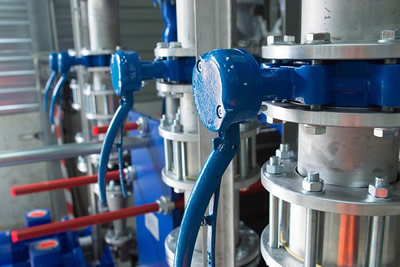Common sense. Everyone has it, right? Why else would it be called common sense? The truth of the matter is that there is a generational version of common sense that fits that generation’s life experiences.
For example, someone born in the forties, having experienced wars and perhaps poverty, also used their hands to make a living. Their mechanical aptitude was necessary in everyday life.
People born in the sixties experienced one war, many protests, extraordinary inventions, and innovations. The mechanical aptitude was still necessary in many careers, as well as keeping transportation moving (such as cars).

The eighties (the computer era) brought with it a change in both careers and mechanical aptitude. People were starting careers with an indoor work environment more than the trades, which diluted the need for mechanical ability.
The 21st century brought even less of a perceived need for mechanical ability as the tech revolution moved even more inside and away from trades.
This is an explanation of why common sense or mechanical ability has eroded over time; the perceived need was gone, along with tons of wisdom lost.
The truth is that the need today for mechanical aptitude is in many ways greater than before. Mechanical assemblies in critical applications become life or death in the chemical, petrochemical and energy sectors. An example Is gasket installation. In process piping if the gasket is improperly installed, or torque not applied or applied incorrectly the results can be devastating.
Common sense CAN be taught. Patience is necessary, as well as a basis in fact. This is what I teach, how to Keep it in the pipes!
